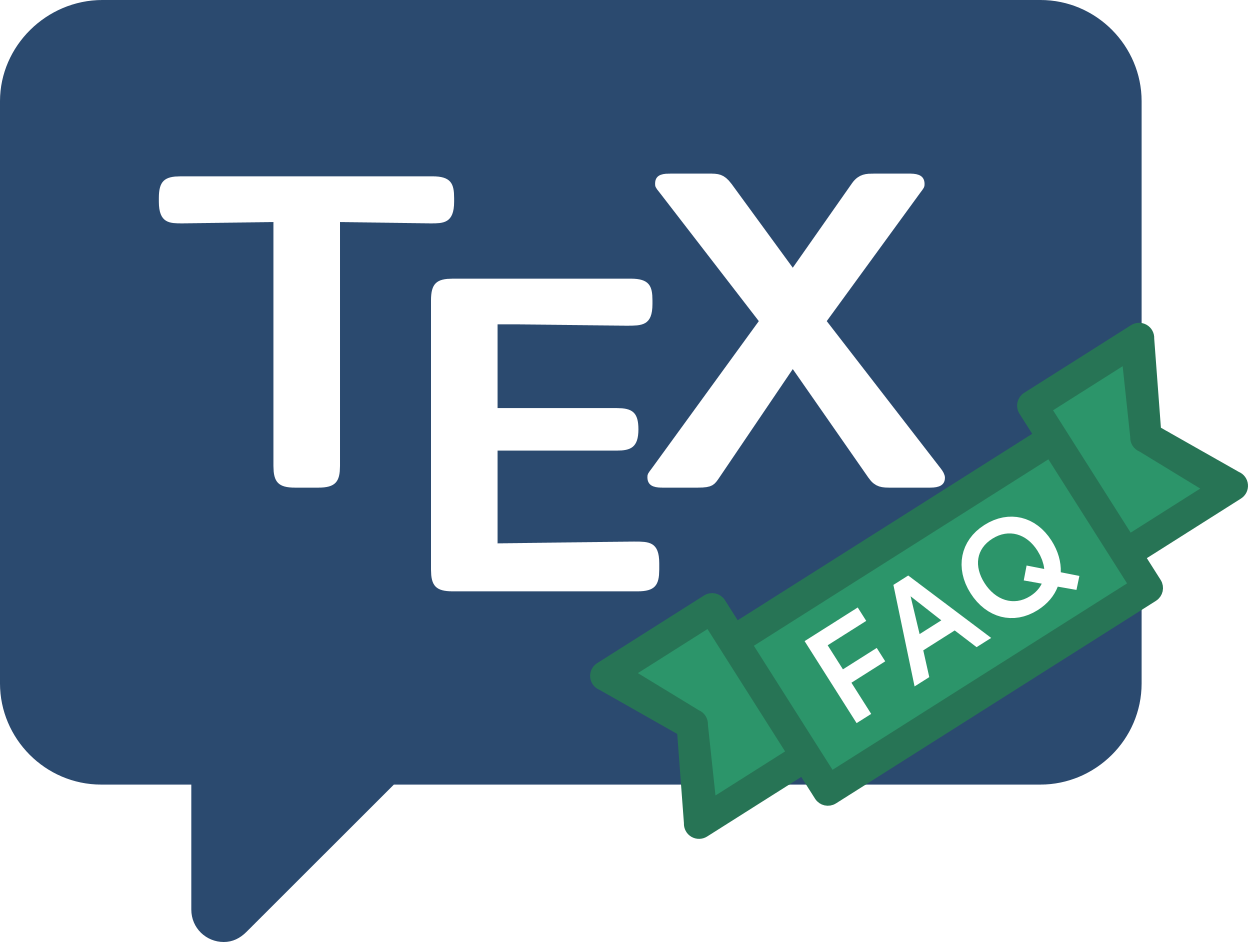
Frequently Asked Question List for TeX
Errors
Too many math alphabets
TeX mathematics is one of its most impressive features, yet the internal structure of the mechanism that produces it is painfully complicated and (in some senses) pathetically limited. One area of limitation is that one is only allowed 16 “maths alphabets”
LaTeX offers the user quite a lot of flexibility with allocating maths alphabets, but few people use the flexibility directly. Nevertheless, there are many packages that provide symbols, or that manipulate them, which allocate themselves one or more maths alphabet.
If you can’t afford to drop any of these packages, you might be able to consider switching to use of XeTeX or LuaTeX, which both have 256 math alphabets available. (Such a change is best not done when under pressure to complete a document; other issues, such as font availability) could make a change impractical.)
Even if switching is not possible, there’s still hope if you’re using
the bm package to support bold maths:
bm is capable of gobbling alphabets as if there is no
tomorrow. The package defines two limiter commands: \bmmax (for
bold symbols; default 4) and \hmmax (for heavy
symbols, if you have them; default 3), which control the number of
alphabets to be used.
Any reduction of the _xx_max variables will slow
bm down — but that’s surely better than the document not
running at all.
Before loading bm), then steadily reduce the bold
families, starting with
\newcommand{\bmmax}{3}
until (with a bit of luck) the error goes away.
If you’re using maths fonts (such as
Mathtime Plus) that feature a heavy symbol weight,
you may want to suppress all use of heavy families by bm by
similarly setting
\newcommand{\hmmax}{0}
Before loading the package.
FAQ ID: Q-manymathalph